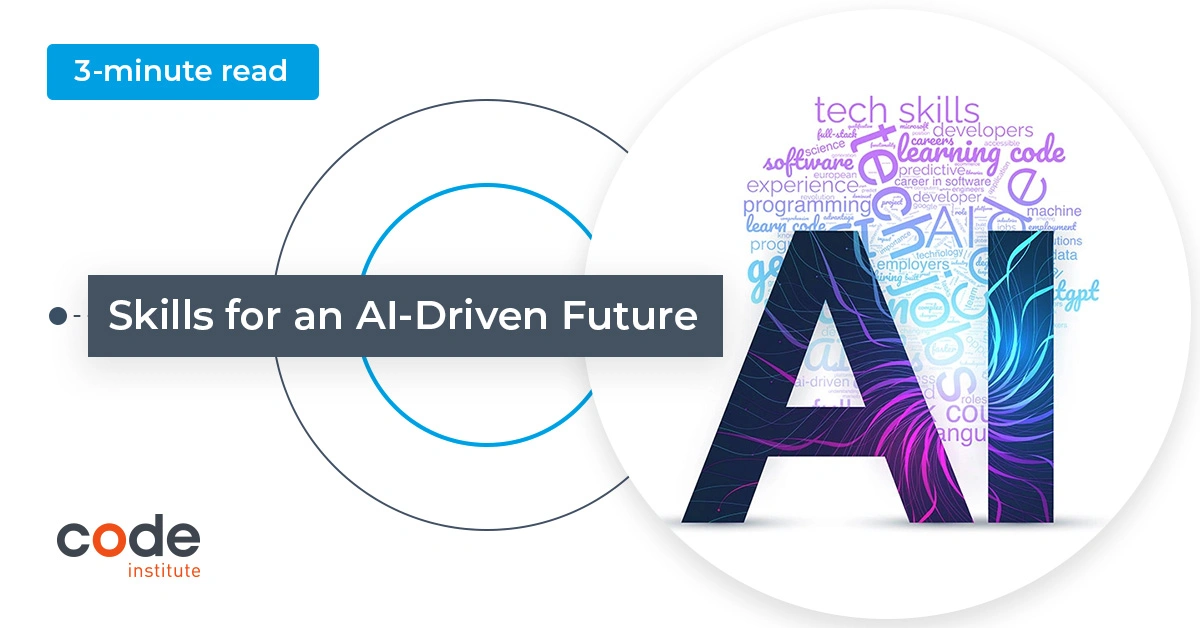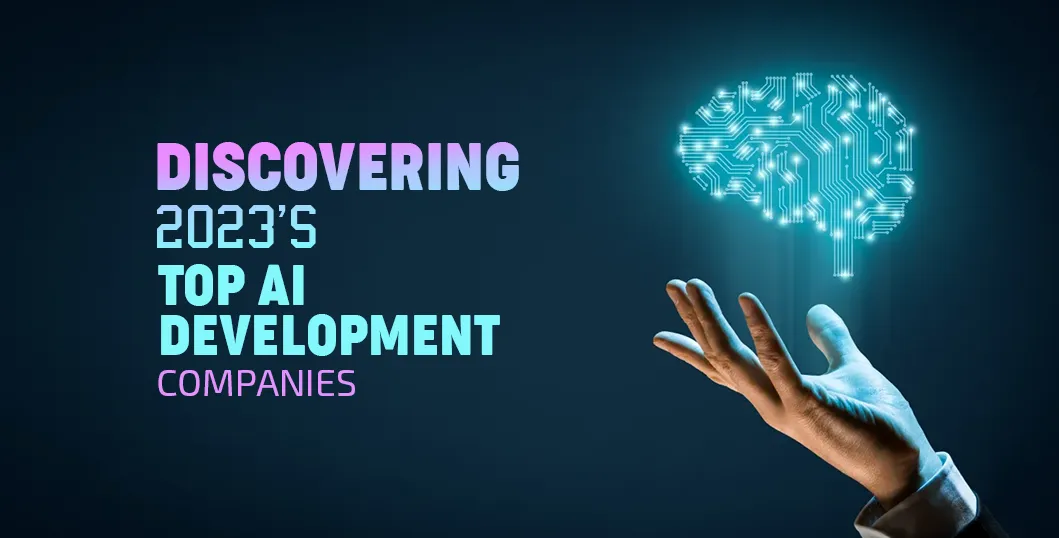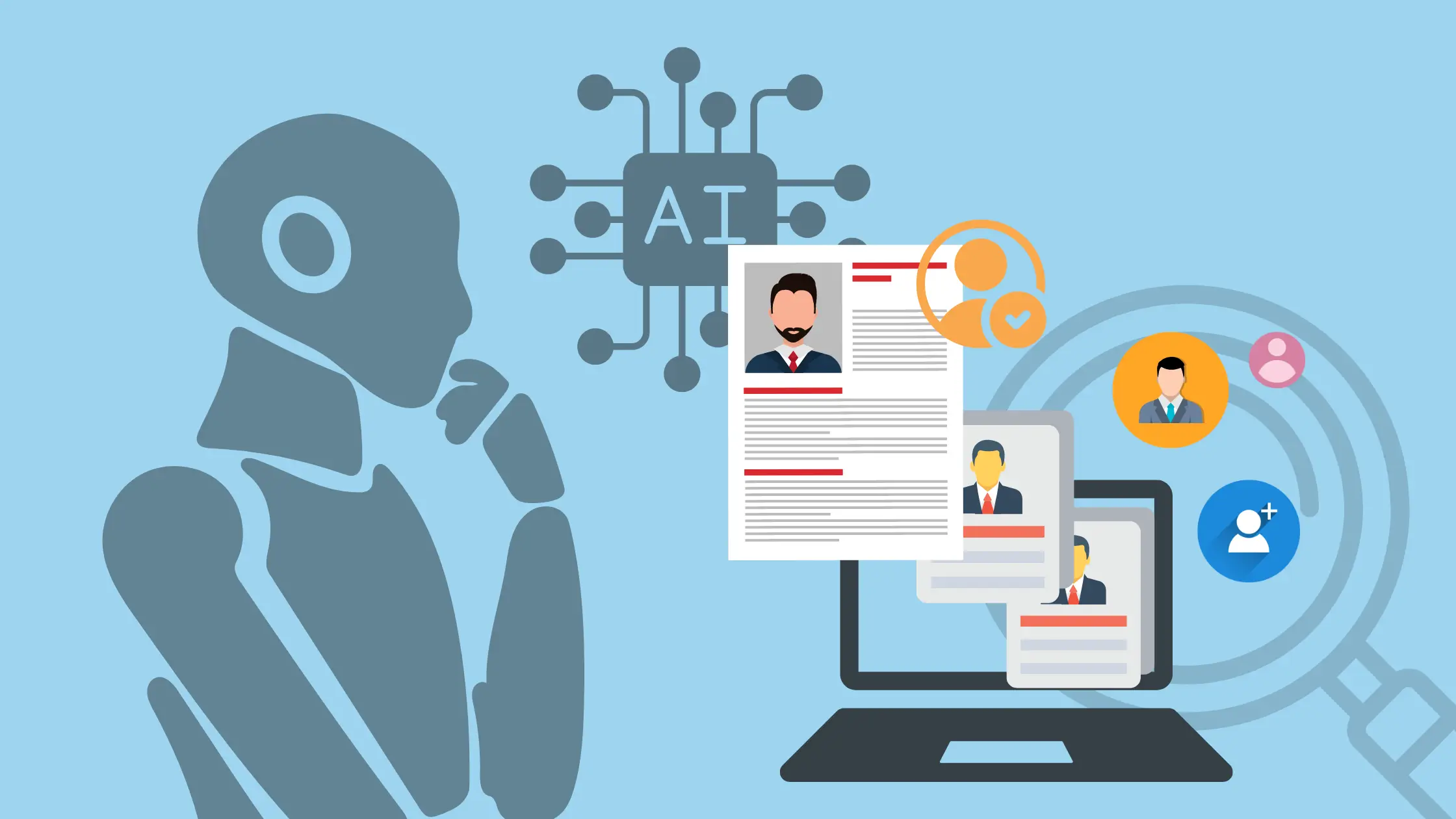By 2025, artificial intelligence is being used more widely across sectors such as healthcare, finance, e-commerce, and transportation. To stay competitive, businesses are increasingly turning toward AI-driven solutions—creating a growing demand for skilled and efficient AI developers.
Recruiting AI talent is no longer just about placing ads. It’s about strategically attracting the right candidates through online platforms, professional networks, and targeted outreach. The rapid expansion of AI technologies, methods, and applications requires a precise hiring process to identify, assess, and retain experts who can turn ideas into intelligent, functional systems.
This guide explains the hiring process for AI developers in 2025, with tips on how to identify qualified talent and ensure they are the right fit for your projects.
-
Why AI Developers Are Crucial in 2025

AI has evolved from being a technological novelty to a central driver of business growth. Whether it’s building personalized recommendation engines, creating machine learning or deep learning models for chatbots, or developing predictive analytics tools—skilled AI developers are essential.
Key reasons why AI developers matter:
-
They convert raw data into actionable insights.
-
They design algorithms for complex, high-value tasks.
-
They build intelligent systems capable of learning and adapting.
-
They help businesses boost efficiency, reduce costs, and enhance customer experience.
Without the right AI engineers, companies risk falling behind competitors who use AI to innovate and scale.
-
Duties of an AI Developer
Before hiring, understand the core responsibilities of an AI developer. While specific projects may vary, typical tasks include:
-
Data preparation and analysis: Refining, classifying, and structuring datasets.
-
Model building: Designing models for prediction, categorization, or recommendation.
-
Framework utilization: Using tools like TensorFlow or PyTorch for training and optimization.
-
Integration: Embedding AI models into applications, websites, or software systems.
-
Performance optimization: Ensuring accuracy, reliability, and scalability over time.
Some developers specialize in areas like machine learning, computer vision, speech recognition, or natural language processing (NLP). Defining these needs upfront helps target the right candidates.
-
Skills Required for AI Developers in 2025

The best AI developers combine technical mastery with problem-solving abilities and business understanding.
Technical skills:
-
Programming: Python, Java, C++, R.
-
Machine learning frameworks: TensorFlow, PyTorch, Scikit-learn.
-
Data processing tools: SQL, NoSQL, Pandas, NumPy.
-
Cloud services: AWS SageMaker, Google AI Platform, Microsoft Azure AI.
-
Specialized expertise: Computer vision, neural networks, reinforcement learning.
Soft skills:
-
Critical thinking for complex problem-solving.
-
Ability to explain technical concepts to non-technical teams.
-
Adaptability to fast-evolving AI trends.
A top-tier AI engineer is not just a coder—they are creative problem-solvers who bridge technology and business.
-
Determining Your AI Hiring Needs
Before searching for talent, answer these questions:
-
What specific challenge will AI solve for your business?
-
Do you need a generalist or a specialist?
-
Is the role temporary or permanent?
-
What is your budget for AI development?
Examples:
-
A startup building an AI-powered recommendation engine may need a Python/TensorFlow expert.
-
A healthcare provider using AI for diagnostics might require a deep learning and computer vision specialist.
-
Where to Find AI Developers in 2025

AI development is highly competitive. Potential sourcing channels include:
-
Online Job Platforms: LinkedIn Jobs, Indeed, Glassdoor.
-
AI-Specific Communities: Kaggle (data science competitions), GitHub (code repositories), AI-focused Slack groups.
-
Freelance and Contract Platforms: Toptal (pre-vetted AI experts), Upwork, Fiverr Pro.
-
AI Development Companies: Partner with agencies offering ready-to-go AI teams.
-
Tech Conferences and Hackathons: Events like AI Expo, NeurIPS, and CVPR for networking.
-
Evaluating AI Developer Candidates
Once you have applicants, evaluate them through:
-
Technical assessments: Coding challenges or AI project simulations.
-
Portfolio review: Past AI projects and open-source contributions.
-
Problem-solving interviews: Presenting real-world business challenges.
-
Cultural fit evaluation: Ensuring alignment with company values and work style.
By 2025, many developers showcase work on GitHub or publish AI research—reviewing these can offer deep insight into their capabilities.
-
Choosing Between In-House, Freelance, or Outsourced Talent
-
In-house: Best for long-term projects requiring close collaboration, but comes with higher ongoing costs.
-
Freelance: Flexible for short-term or specialized tasks without long-term commitments.
-
Outsourcing: Ideal for companies without in-house AI expertise, offering complete teams with integrated project management.
-
AI Developer Salary Expectations in 2025
With demand high, salaries remain competitive:
-
Junior AI developers: 80,000 – 110,000 USD per year.
-
Mid-level AI developers: 110,000 – 150,000 USD per year.
-
Senior AI engineers: 150,000 – 200,000 USD per year or more.
Rates vary based on location, industry, and skill specialization. Remote hiring can broaden your talent pool.
-
Common Hiring Mistakes to Avoid
-
Focusing on degrees over skills: Some of the best AI talent is self-taught with strong portfolios.
-
Ignoring communication skills: AI projects require cross-team collaboration.
-
Overlooking cultural fit: A mismatch can slow down project progress despite technical ability.
-
Onboarding and Retaining AI Talent
To keep AI developers motivated and productive:
-
Set clear objectives and success metrics.
-
Provide cutting-edge tools and resources.
-
Support continuous learning via courses and conferences.
-
Recognize achievements and offer career growth opportunities.
Retention is critical—replacing AI talent is costly and time-consuming.
Looking ahead, recruitment is expected to evolve further:
-
AI-powered hiring platforms matching candidates with companies.
-
Increased focus on AI ethics and transparency in hiring.
-
Rising demand for AI professionals with cross-domain expertise such as healthcare or finance.
Companies that adapt their hiring strategies now will have a competitive advantage in securing top AI talent.
